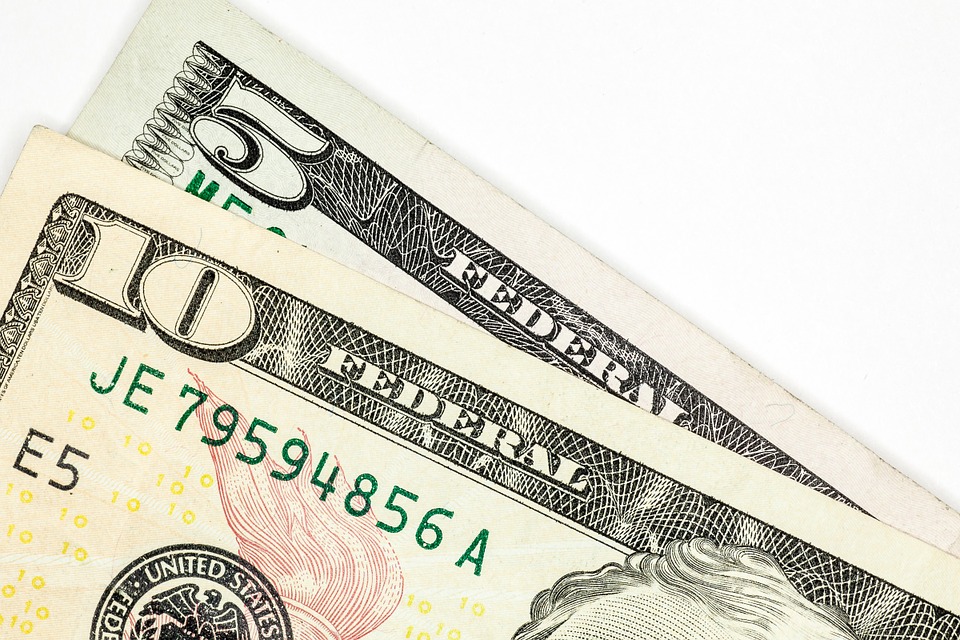Many people who are in debt feel overwhelmed. Living paycheck to paycheck, with little time to spare, they know that their situation is not good, but they’re not completely sure what the realities of their financial situation are, or how to correct them.
Some of the best debt help & advice you could ever receive is to slow down, pay attention, and begin to understand your debt, income, and financial goals for the future. Here are some ways to do just that and to, ultimately, get out of debt completely and for the rest of your life.
- Sit Down With a Banker. If you are a member of a bank, you are allowed to sit down with a bank representative for free, to talk about the financial situation you are in. Your banker can only talk about the accounts you hold through the bank, but if your debt is in credit accounts carried by that company, you should be able to get some insights about how your debt works. If you don’t understand your debt’s APR, you will have no way of knowing how your debt will grow over time. Have the banker explain this, as well as any other particularities of the loans and credit lines you currently have. Find out about options such as debt consolidation by which you can pay off all of your various debts at once, then putting the balances into a single loan with a single, lower interest rate.
- Make a Real Budget. Debt and financial waste happens when we don’t keep close track of our income and spending. It’s easy to shoot from the hip when it comes to personal finances. You think you know about how much you have in the bank, how much you can spare, and how to still meet your financial goals. While this works for some people, it clearly does not for many others. If you have lots of debt, you probably aren’t as good at spontaneously managing your money as you think. Therefore, it’s time to budget – to understand where every dollar comes and goes. Various apps and websites make budgeting easy.
- The Snowball Method. The snowball method of debt reduction is very famous, but studies show that it works. It’s simple. First lay out all of your debts according to the amount of money you owe. You can do this with notecards if it helps you visualize the problem. Start allocating enough of your income to pay each minimum balance every month. Any extra money you have after all of these minimum payments are paid, put this into your smallest debt. Eventually, this small debt will be gone and you’ll have 1) the extra money you were using to pay it off, and 2) that account’s minimum monthly balance left over. Put this extra money into your second smallest debt. As accounts disappear, keep piling the freed-up money into the larger account, until all debt are paid off.
These three methods will help you gain the confidence and the skills to pay off your debt and keep it paid off for the rest of your life.


